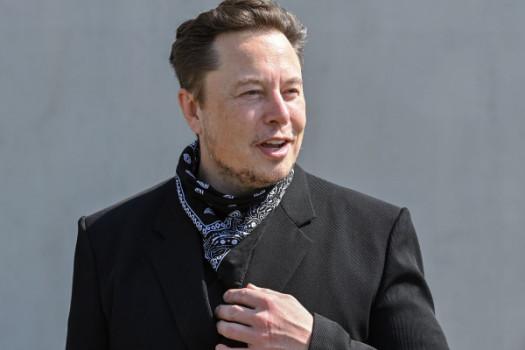
He also said the Biden infrastructure plan should get canned

Elon Musk said Monday at the Wall Street Journal’s CEO summit that he doesn’t think the United States needs the Biden administration’s infrastructure bill — or any government subsidies, for that matter. “Just delete them all,” he said.
The Tesla and SpaceX CEO said during the interview that he’s concerned about the federal deficit. “We’ve spent so much money.. the federal budget deficit is insane,” he said.
“I would say… can the whole bill. Don’t pass it, that’s my recommendation,” Musk said.
Musk pointed out that Tesla has been selling its electric cars for more than a year in the US without the $7,500 federal tax credit, without taking a demand hit. Most other automakers, save for General Motors, are still eligible for the credit.
The Build Back Better portion of Biden’s infrastructure plan currently includes a provision to extend that credit and add another subsidy for electric vehicles made by union workforces, though it still needs to make it through the senate. Musk has derided the union-focused credit in recent months and called Biden a “puppet” of the United Auto Workers.
Musk also said he doesn’t believe the US government should be giving out subsidies to expand charging infrastructure — though that provision is in the infrastructure bill that Biden already signed into law.
“Do we need support for gas stations? We don’t. So there’s no need for this,” Musk said.
Tesla currently operates more than 3,000 charging stations with around 30,000 connectors worldwide, but plans to open that network to other electric vehicles sometime in the near future.
Musk’s companies have benefitted from many different federal and state subsidies over the years, and the government is a major SpaceX customer (though SpaceX won much of that business by dramatically undercutting the prices of established players). Tesla has also found tremendous success in China after receiving lots of help from the central government there. Musk said Monday that Tesla “did not anticipate any subsidies” when the company was in its early years.







